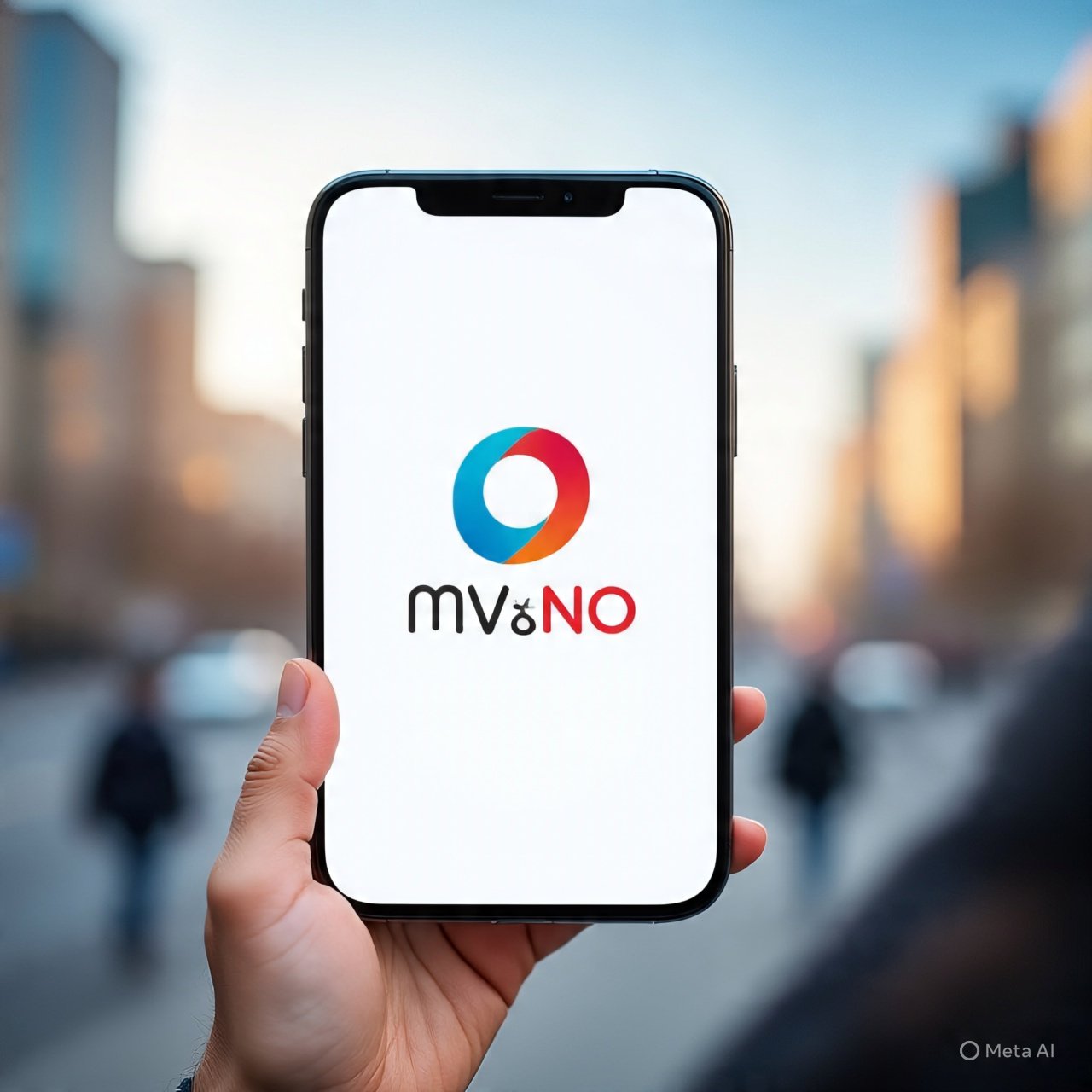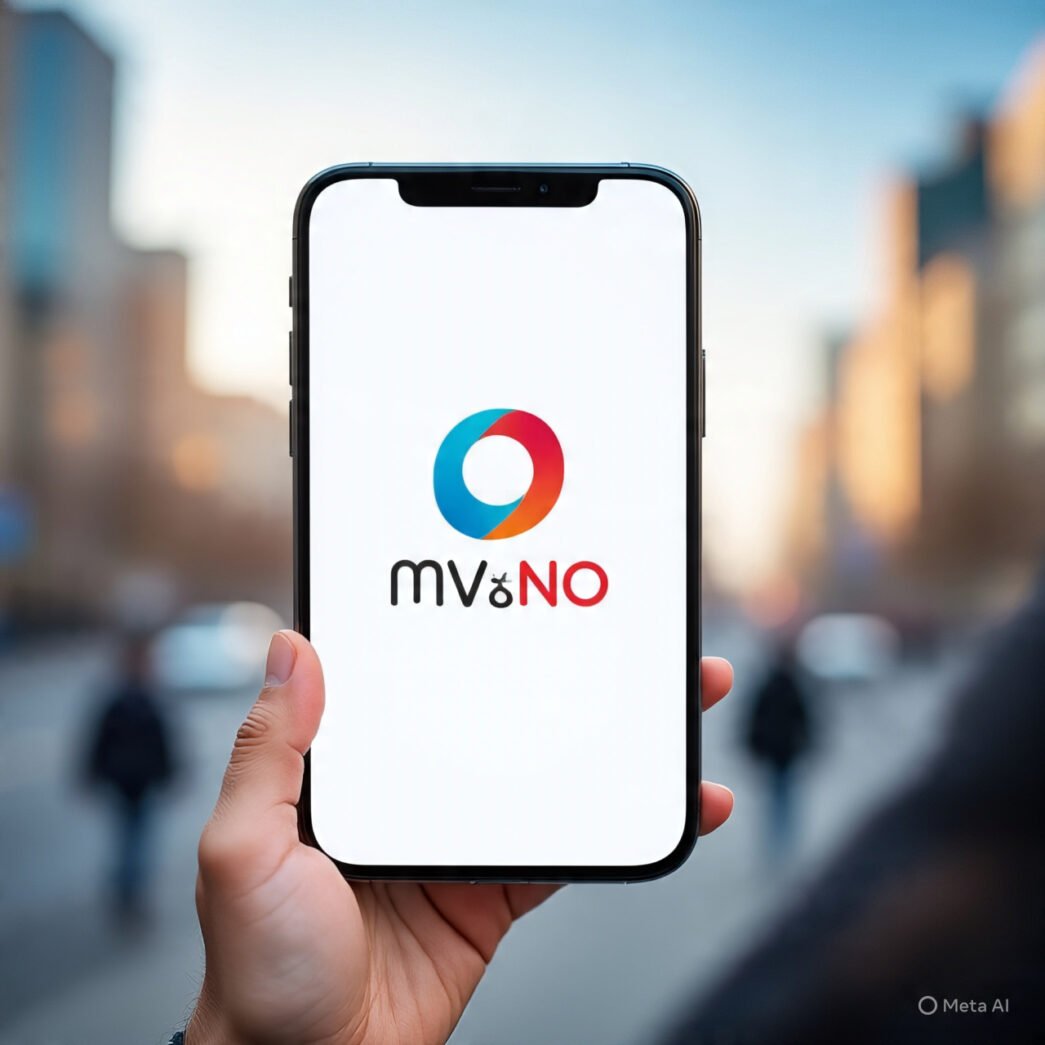BY GODFREY EFEURHOBO
Africa’s telecoms story has largely been told through the towering masts and deep pockets of mobile network operators (MNOs). Yet beneath the surface, a quieter force is beginning to reshape the market: mobile virtual network operators (MVNOs).
MVNOs don’t build their own towers. Instead, they lease capacity from MNOs, package it under their own brands, and target customers with offers that the big players often overlook. It’s a model that has already transformed mature markets like the UK and one that could unlock new growth in Africa.
Taking South Africa as a case in point, MVNOs are finding their footing in retail, banking, and digital sectors, doubling subscriber numbers in just two years. By tailoring packages to youth, niche communities, and value-conscious consumers, they expand market penetration without the infrastructure burden.
Advertisement
Kenya also offers another success story with Equitel, backed by Equity Bank, marrying mobile access with financial services and bringing mobile banking to millions who might otherwise remain outside the formal financial system. Its leap into 5G shows that asset-light players can still be technological leaders.
Looking back to the UK, MVNOs account for nearly a fifth of all mobile connections. Brands like Lebara, Tesco Mobile and Virgin Mobile have proven that the model doesn’t cannibalise the hosts, it complements them. Wholesale revenues, customer diversity, and service innovation thrive in a competitive environment.
The value MVNOs bring extends beyond cheaper calls and data. MVNOs expand average revenue per user (ARPU) by unlocking niche markets. MVNOs also improve customer loyalty through tailored offerings and better service and they increase network utilisation, turning unused capacity into revenue.
Advertisement
Consumers are also not left out, as MVNOs mean more choice, competitive offerings, sharper pricing, and services that reflect local realities, from diaspora-focused call bundles to sector-specific data packages.
The Nigerian market can be said to be the next big bet for MVNO market in Africa, being the most vibrant telecommunications market in Africa in terms of market size and opportunity for growth.
The top two MNOs, MTN and Airtel, hold a combined 86.4 percent of the market share. This level of market share tilts the market power dynamics in favour of the two operators and leaves the customers yearning for more in terms of competition, quality of service and innovative offerings.
MVNO launch in the Nigeria market will stimulate innovation, introduce new business models and services, increase competition, drive efficiency and improve service quality, while expanding market reach and bringing connectivity to underserved populations.
Advertisement
Africa’s MVNOs are moving from concept to contribution. South Africa demonstrates scale and wholesale impact; Kenya shows the power of fintech-led MVNOs; the UK shows the mature end-state where MVNOs sustain growth, discipline pricing, and lift customer experience.
For African regulators and operators, the playbook is clear: Enable MVNO integration, ease market access, and encourage vertical MVNOs (financial services, retail, diaspora/youth, SME/IoT).
If done right, MVNOs don’t cannibalise, they expand the market and enrich the ecosystem.
Godfrey Efeurhobo is an executive management consultant with Deepseed Insights Ltd, UK. He has over two decades of telecoms executive leadership, commercial leadership and multi market experience in Africa.
Advertisement
Views expressed by contributors are strictly personal and not of TheCable.











